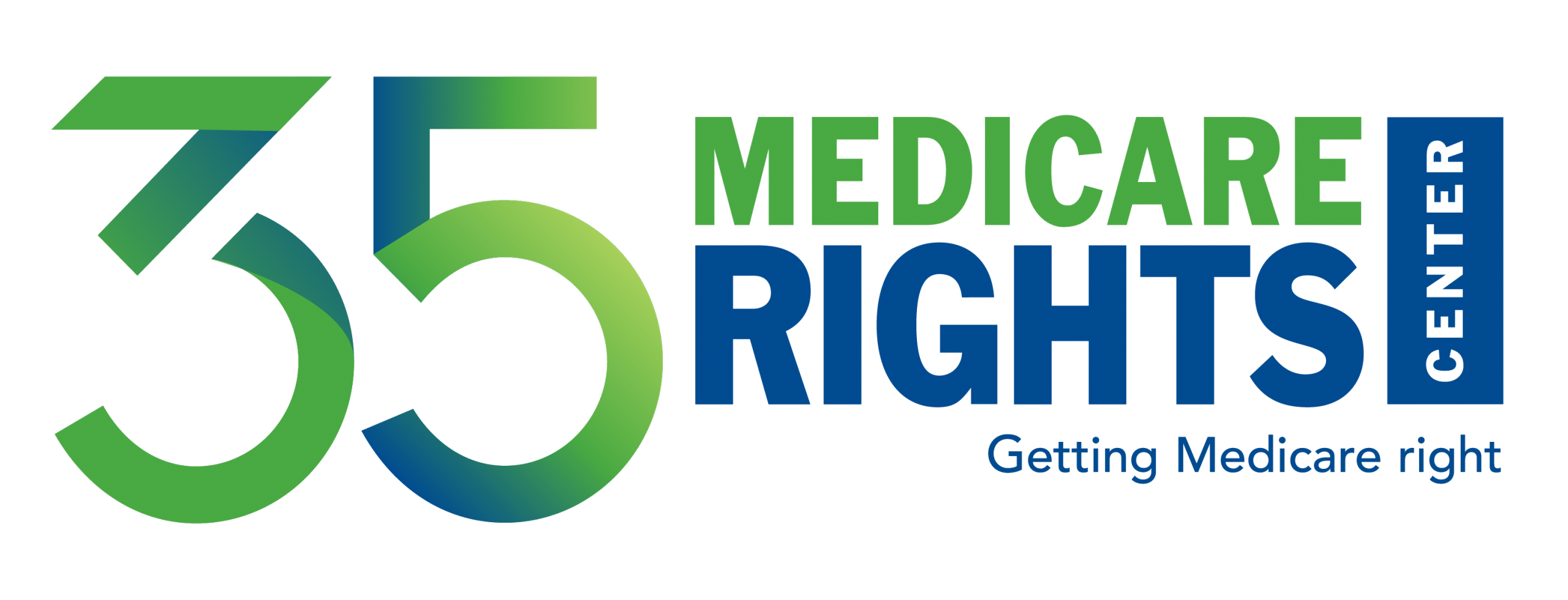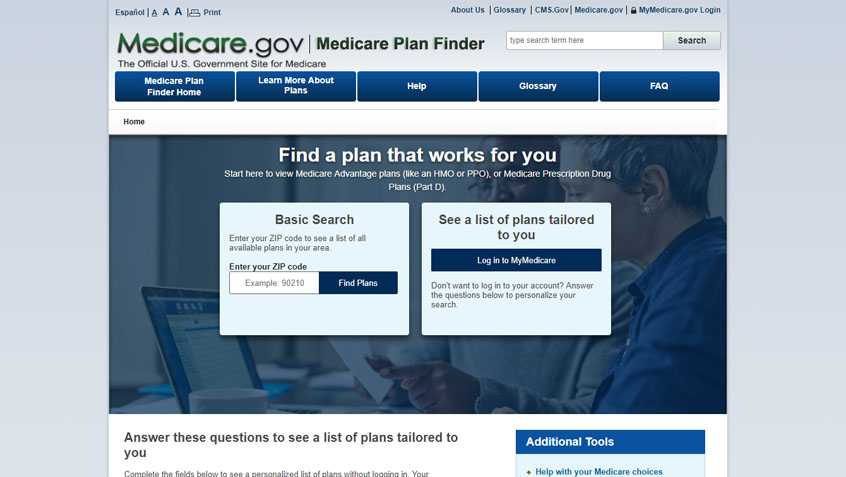On June 14, the Department of Health and Human Services (HHS) issued a proposed rule that would significantly weaken the Affordable Care Act’s (ACA) nondiscrimination protections. Section 1557 of the ACA makes it illegal for providers that receive federal funding to discriminate in the provision of health care on the basis of race, color, national origin (including language access), age, disability or sex. HHS is now seeking to limit those protections, changes that would put many already vulnerable populations—including older adults, people with disabilities, people with limited English proficiency, and LGBTQ individuals—at risk of losing access to care.









